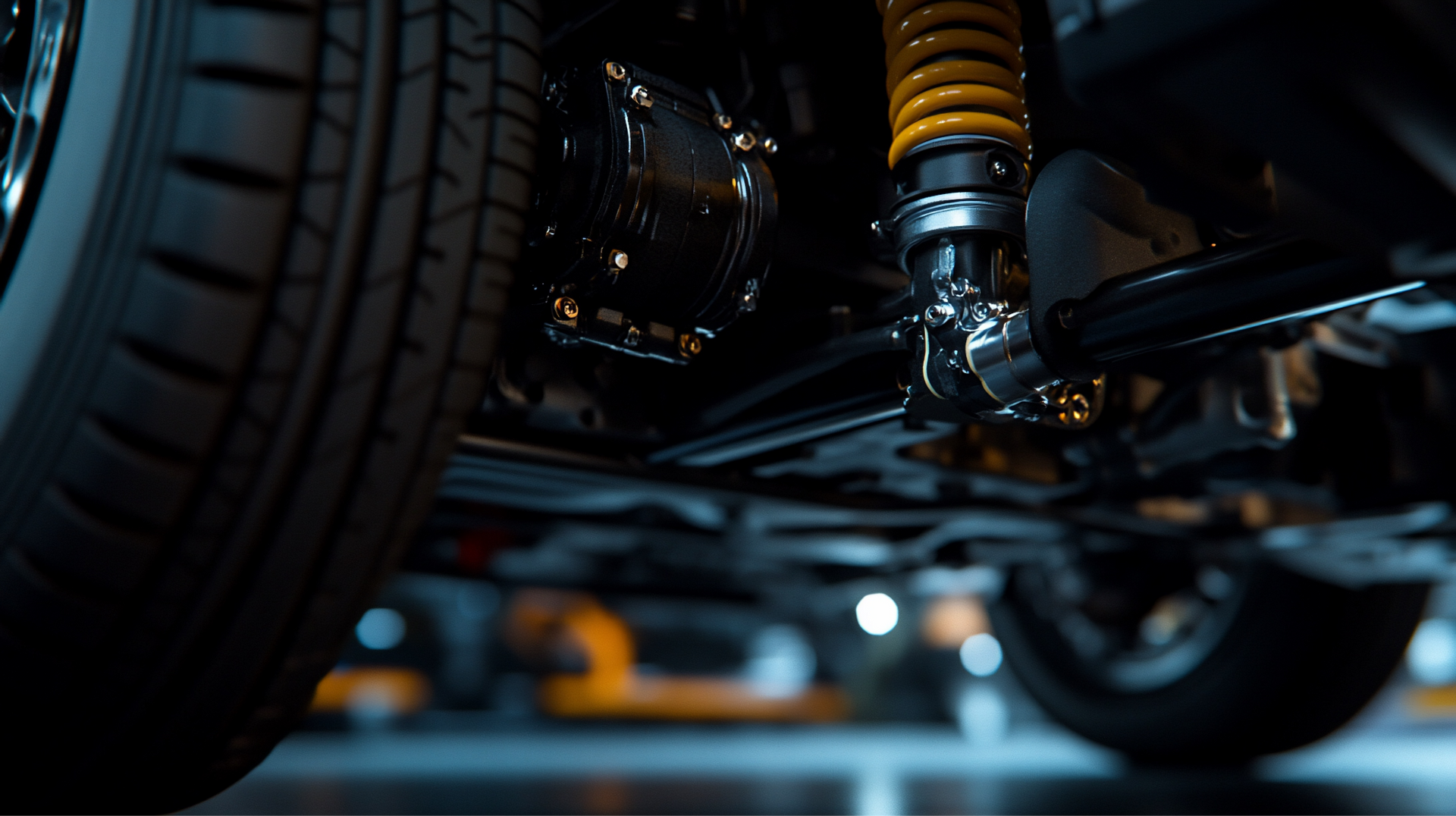Mechanics Corner
Discover expert EV service at Lancer Service in ST. PAUL, MN. Trust us for reliable, professional vehicle care. Visit us today!
Discover expert auto diagnostics with Lancer Service in ST. PAUL, MN. Enhance your vehicle's performance with our professional insights. Schedule an appointment now!
Is your car overheating in St. Paul? Understand the causes and trust Lancer Service for reliable cooling system repairs. Call us today!











